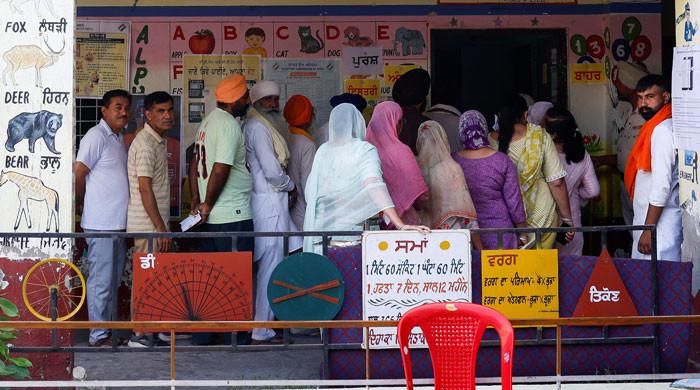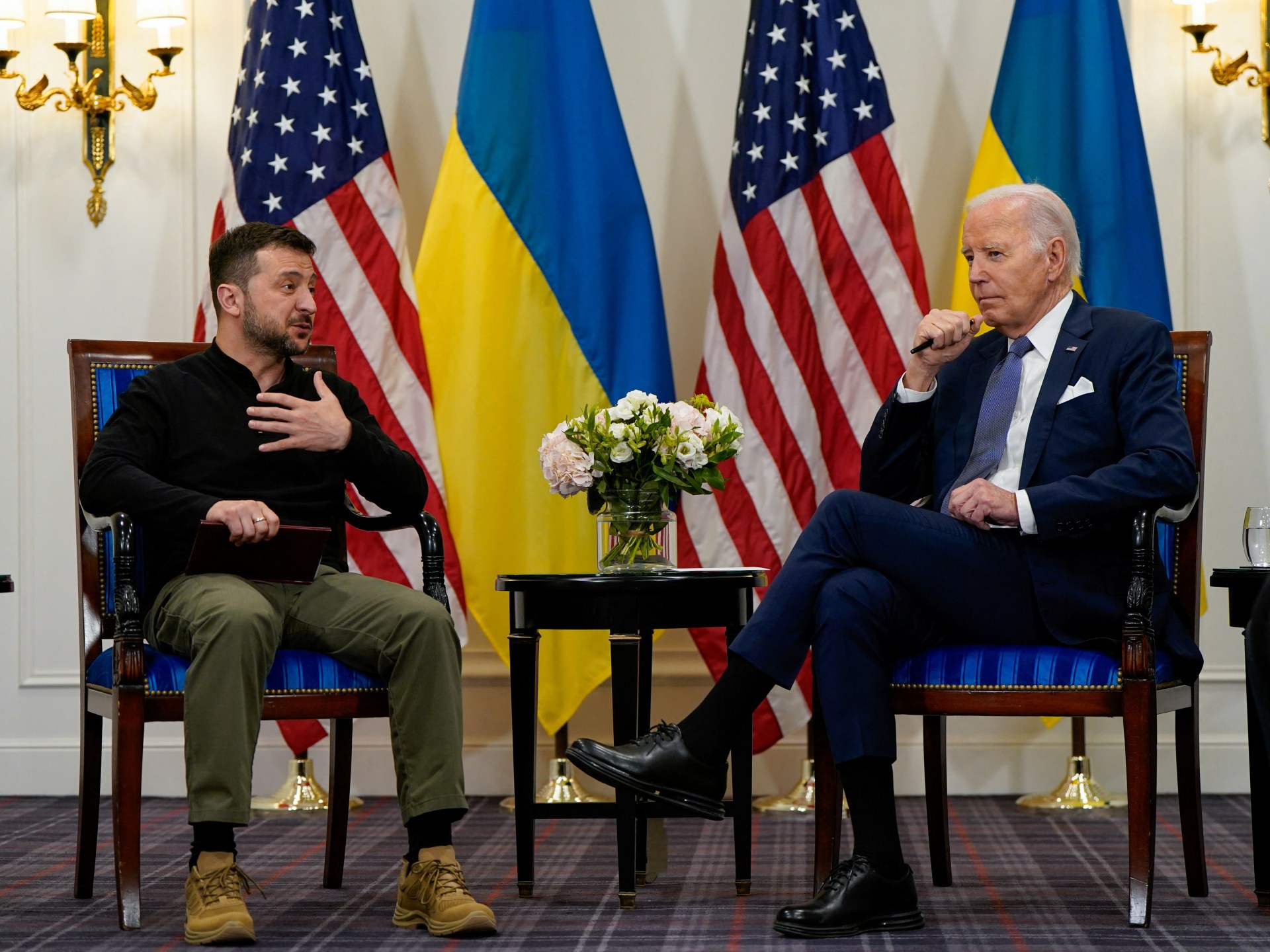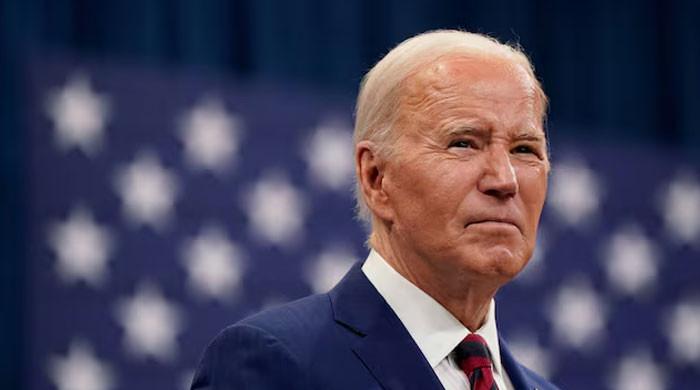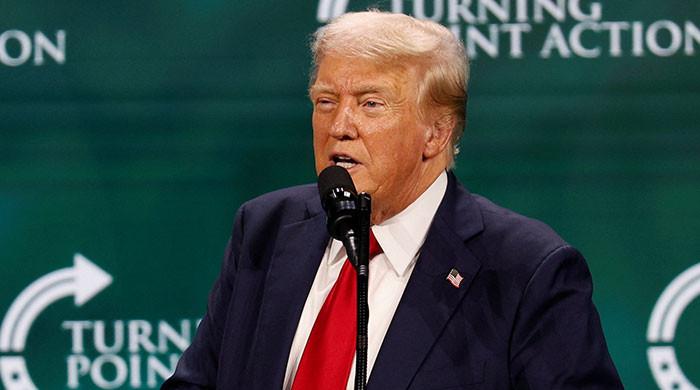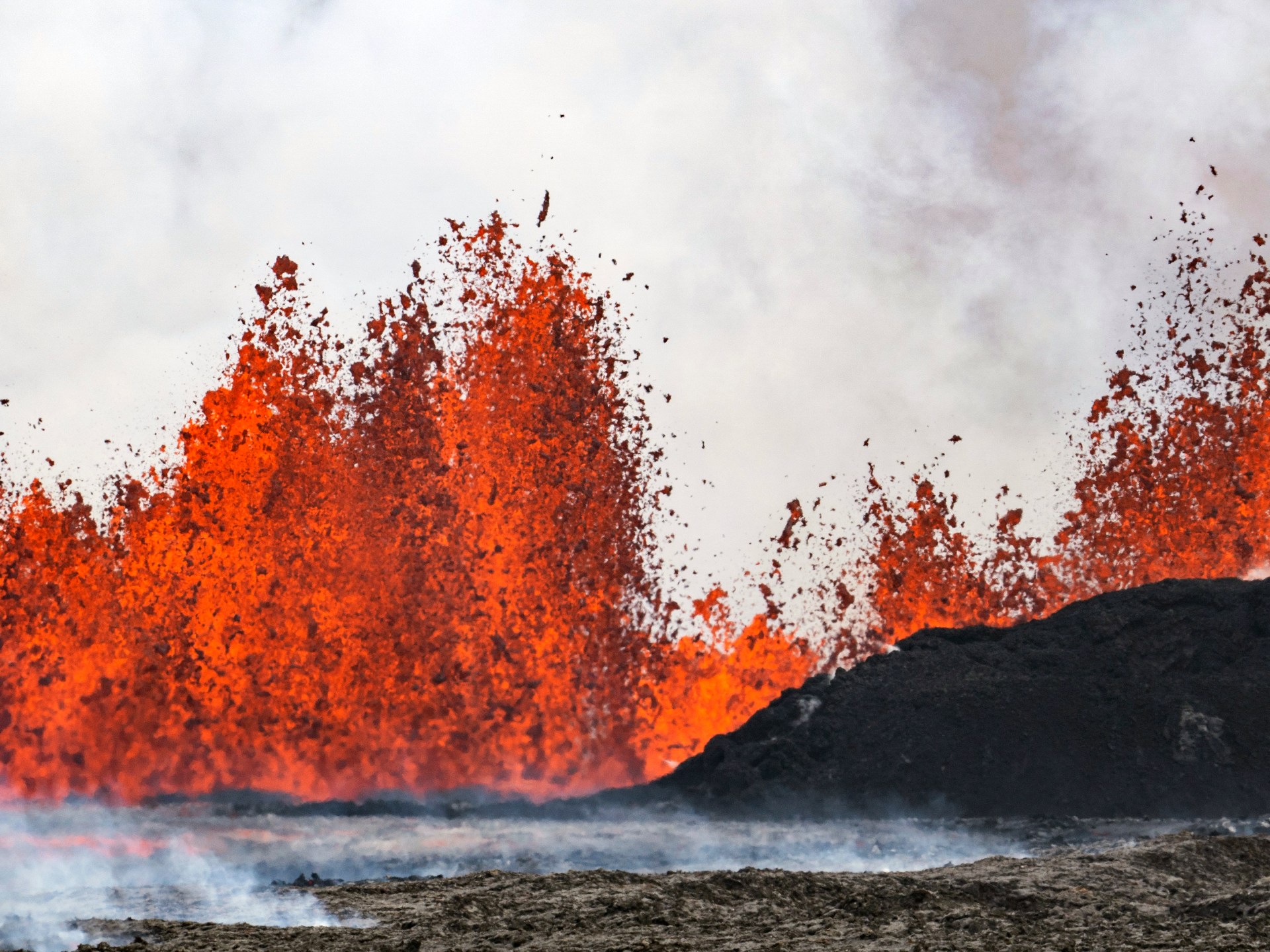- The seven-phase voting will end with the election of the last 57 seats.
- More than 100 million people registered to vote in eight states.
- Nearly 24 election officials died from suspected heat stroke.
FIROZPUR/KOLKATA: India voted Saturday in the final phase of a protracted general election, held in a summer with record heat in many parts, as both Prime Minister Narendra Modi and his rivals said they would win elections focused largely on inequality. and religion. .
The seven-phase voting, in which nearly a billion people were eligible to cast their votes, began on April 19 and will end with the election of the last 57 seats, including Modi's constituency in the Hindu holy city of Varanasi. .
More than 100 million people are registered to vote in eight states and federal territories on Saturday, including the northern state of Punjab and the eastern states of Bihar, West Bengal and Odisha.
“Calling on voters to come out in large numbers and vote,” Modi said as the polls opened. “Together, let's make our democracy more vibrant and participatory.”
Modi is seeking a third consecutive term as prime minister as his Hindu nationalist Bharatiya Janata Party (BJP) battles an opposition alliance of two dozen parties led by Congress, and is expected to win a majority.
But he and his party have run into a vigorous campaign by the opposition alliance called INDIA, or National Inclusive Alliance for India's Development, raising some doubts about whether Modi's expected victory would be easy.
Scorching summer temperatures with unusually high heat waves have compounded voter fatigue in the Hindu-majority country of 1.4 billion, where unemployment and inflation are voters' top concerns.
Nearly two dozen election officials died of suspected heatstroke in Bihar and Uttar Pradesh ahead of Friday's vote, officials said.
Modi and Congress leader Rahul Gandhi predicted a heavy mutual defeat and said their respective alliances were ready to form the next government.
Exit polls expected after voting concludes will project how well or poorly the parties are doing ahead of the results, scheduled for June 4. Exit polls, however, have a spotty track record in India and have been wildly off the mark before.
Modi began his re-election campaign by focusing on his achievements of the past 10 years, but soon shifted to primarily attacking the opposition, accusing it of favoring India's Muslim minority, which comprises approximately 200 million of the population.
This change of course, analysts said, was likely aimed at energizing his Hindu nationalist base after a low turnout in the first phase raised concerns that BJP supporters were not voting in large numbers.
The opposition campaign has largely focused on affirmative action and saving the Constitution from what they say is Modi's dictatorial government.

